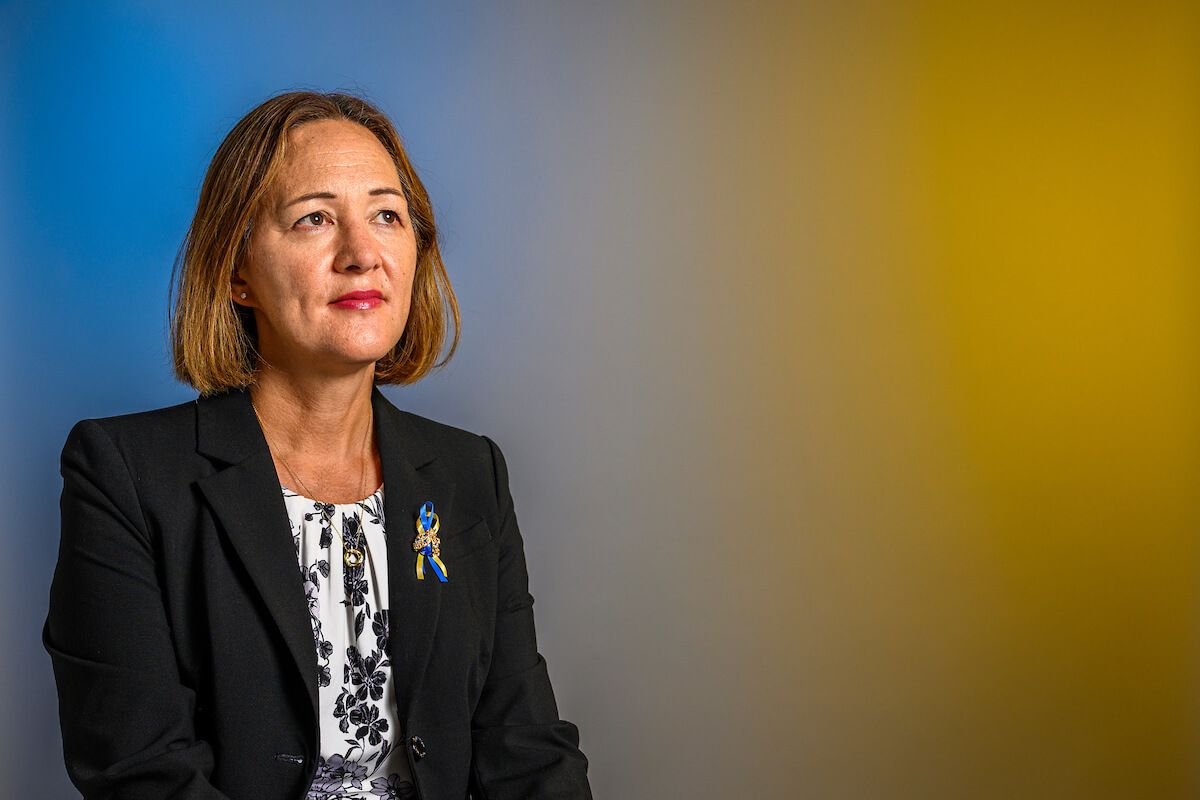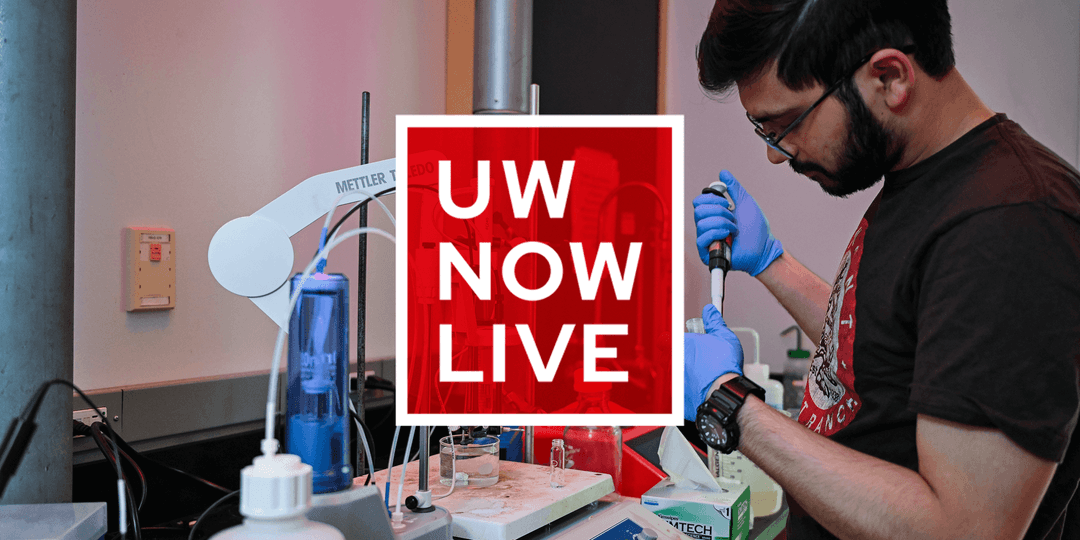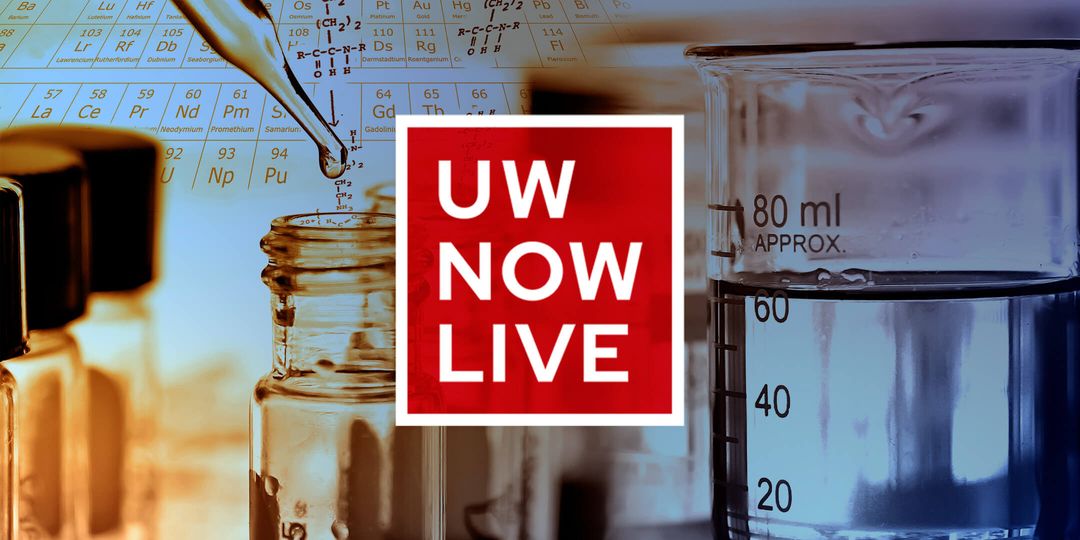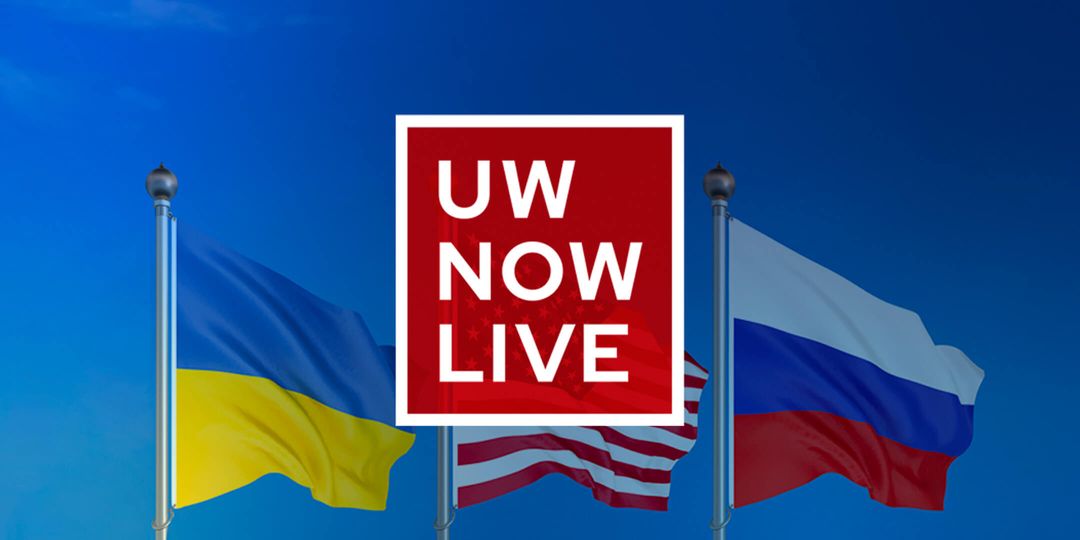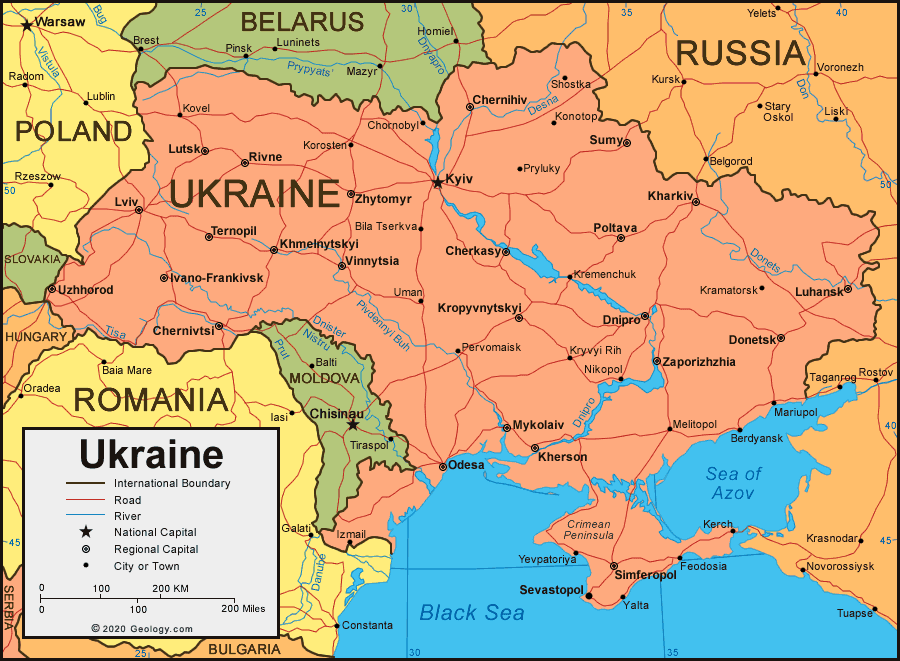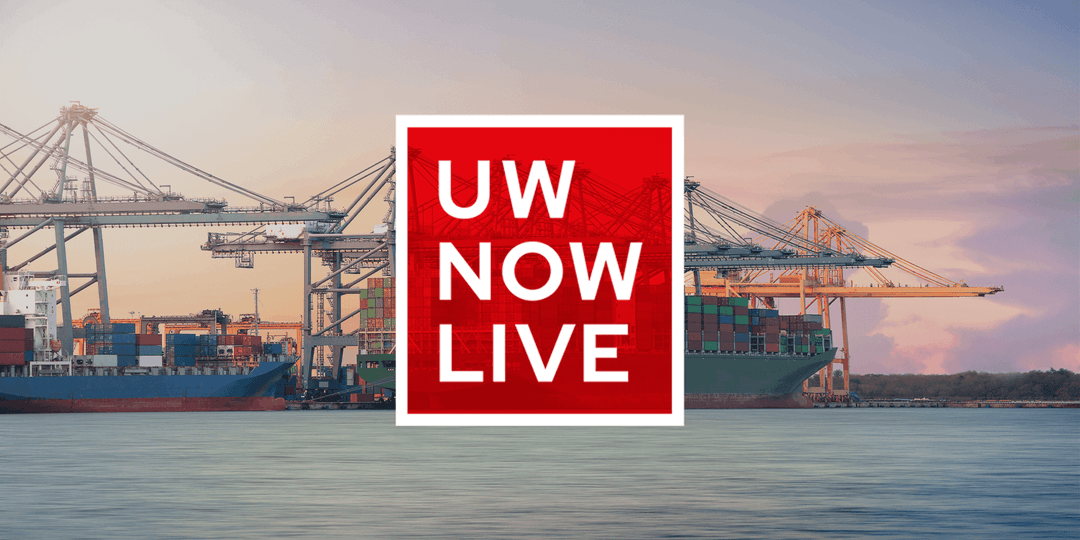Yoshiko Herrera is among the UW’s leading experts on the war in Ukraine. Not only is she a political science professor and former director of the UW’s Center on Russia, East Europe, and Central Asia, but three years ago, she created a course about the war, first taught in the fall of 2022. She taught it again in the spring of 2024 and again now in spring 2025. The course has evolved over time, but this semester, the pace of change has been rapid.
“There’ve been a lot of new developments,” Herrera says. “The change in U.S. foreign policy — against Europe and Ukraine and toward Russia — is a major development. Hopefully, that’s reversed, but at the moment, it’s pretty significant.”
Herrera studies Russian politics and social identities, and she came to UW–Madison in 2007 after teaching at Harvard. She’ll appear on the March 11, 2025, episode of the UW Now Live, when she’ll discuss the current state of the war in Ukraine — and where that conflict might be headed, as the Trump administration works out U.S. policy in the region.
My Chief Area of Research Is:
I have a new paper on identity and conflict — or identity and war, I guess you could say. It was inspired by this Russian war in Ukraine. Identity, and national identity in particular, figure into decisions on the causes as well as consequences of war. The denial of Ukrainian nationhood and sovereignty is part of a larger Russian national identity project that affects both why Russia started the war and how it’s prosecuting the war.
On the UW Now Live, I’ll Talk About:
I will give an update on what’s happening in the war, what’s changed since last year and what’s changed since January 20. I will also talk about the potential for peace negotiations and a ceasefire, as well as the obstacles to a just peace in Ukraine. There are no signs that Russia is interested in peace. It has not reduced its maximalist goals, and it has been emboldened in the last two weeks by the splits between the U.S. and Europe and Ukraine. This is unfortunately demonstrated by the increased missile attacks against Ukraine in the last few days. There’s also the question of who’s negotiating. Are Ukrainians at the table? There is a widespread commitment in Ukraine to maintain Ukraine as a state and as a nation. Including Ukrainians in negotiations is not just a moral or ethical issue, it’s a practical matter. Ukrainians are simply not going to lay down and become part of Russia even if such an unjust agreement were to be concluded by outside powers.
If There’s One Thing People Should Know, It’s:
The United States has longstanding commitments to supporting democracy and freedom around the world. Even if there have been exceptions to that commitment in practice, that’s very different from the U.S. explicitly supporting authoritarianism and dictators like Putin. It can’t be overstated how much of a cataclysmic shift it would be if the United States were to give up on its European alliances (NATO), Canada, and other democracies, and to embrace dictatorship. It is not just a policy change; it’s a fundamental reconsideration of what the United States is about. People have to take this seriously.
To Get Smart Fast, See:
- Ukraine: The Latest is a podcast I listen to every day. It’s by the Daily Telegraph in the UK.
- The Economist is an excellent source — their defense editor, Shashank Joshi, is very good.
- TheNew York Times and Washington Post are good sources.
- Don’t forget your local newspaper. The Wisconsin State Journal is doing a pretty good job on international news as well.
